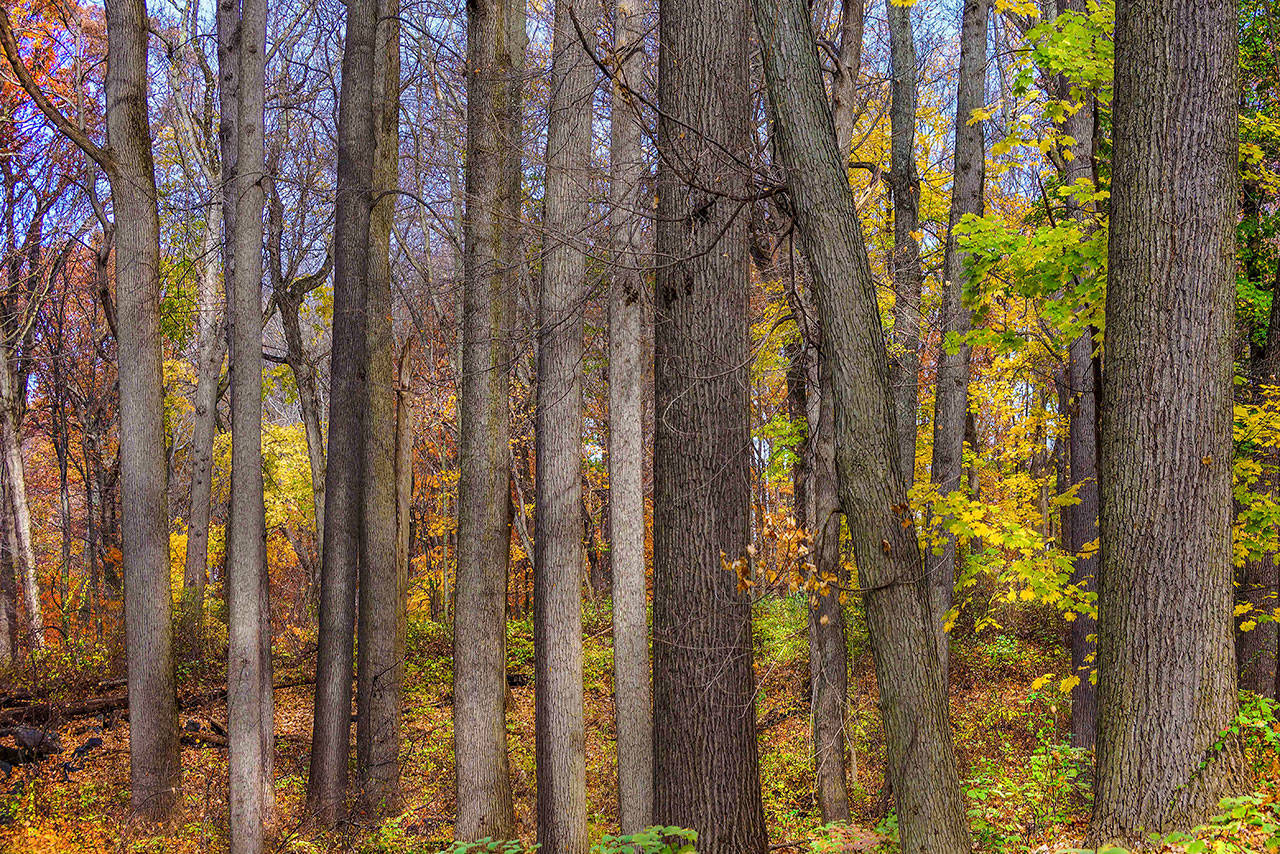One year after King County Executive Dow Constantine launched the Land Conservation Initiative to accelerate protection of 65,000 acres of the highest conservation value open space, he announced legislation to triple investments in 2019 and 2020 and to help ensure every county resident has access to health-promoting green spaces.
With revenue generated by the Conservation Futures Tax and the King County Parks Levy, the county and cities seek to invest up to $63.8 million for 61 open space projects in 2019 and early 2020, pending authorization from the King County Council and voters renewing the King County Parks Levy during the Aug. 6 election, according to a King County news release on Thursday. That is up from $20 million to protect 40 open space projects funded in 2018.
“We are advancing the Land Conservation Initiative with urgency and purpose, tripling our investments for open space preservation,” Constantine said. “The legislation I am announcing today will save thousands of acres of our last, best open space lands, farmlands, forest lands, urban green spaces, and trails. This will help ensure that all people who call King County home can enjoy the natural beauty that defines our region.”
This tripling in funding is possible because the county has placed additional tools in its conservation toolbox. One tool the county added last year was to increase the debt financing capacity of the Conservation Futures Tax from 50 percent to 80 percent, making it possible for the county to pull forward up to $148 million in capital over the next several years to acquire open space. Constantine’s proposed legislation would pull forward the first $35 million of the $148 million to protect conservation lands right now.
Another tool is the additional $120 million for open space protection that Constantine included in his proposal to renew the King County Parks Levy, which the County Council put on the August ballot.
Here are a few examples of projects included in the legislation:
• Finishing the work of protecting the most critical farmland, with easements in the Snoqualmie Valley, on the Enumclaw Plateau, and on Vashon Island
• Preserving forests on the slopes of Cougar Mountain
• Adding much-needed greenspace throughout urban areas
• Adding to the Eastside Rail Corridor to improve access and better connect it to the regional trail network
• Acquire properties along Bear Creek as well as Cedar, Green, and Tolt rivers to restore salmon and wildlife habitat
Constantine’s legislation embraces recommendations from the community-led Open Space Equity Cabinet to apply the principles of equity and social justice as King County and its cities accelerate the protection of important urban green space, forests, farms, and habitat lands.
Launched by Constantine in 2018, the Land Conservation Initiative is a plan for the county and its cities to protect the highest conservation value open space within a single generation before the opportunity is lost due to population growth and development pressure.
By front-loading investments over the next 30 years, instead of the next 70 years, the county and cities together can double the amount of open space they can protect, and do so with minimal impact to taxpayers in these early years of the initiative. Since land and real estate become increasingly expensive over time, this acceleration will save the region $15 billion compared to protecting the same amount of open space over 70 years.
The legislation that Executive Constantine announced will ensure that the accelerated funding for land conservation will protect more urban green spaces in communities lacking this important public infrastructure investment, in addition to protecting more forest, farm, and habitat lands.
Ensuring access to open space
The county is using open space funding generated by the Conservation Futures Tax to catalyze the creation of new green space in communities with the greatest disparities in access to open space. These communities are primarily located in South King County. One quarter of King County residents — about 500,000 people — do not live within easy access to a publicly owned park, green space, or trail due to decades of inequities and injustice that limited investments in public infrastructure in these communities.
Seven of the open space projects recommended for funding this year qualified for the new waiver that Constantine proposed in 2018 based on recommendations by the Land Conservation Initiative Advisory Group. Using this new approach, cities that can demonstrate that protecting an open space property will promote equity and social justice no longer have to put up matching funds to receive funding from the Conservation Futures Tax.
The new legislation now advances to the King County Council Committee of the Whole for its consideration.
Talk to us
Please share your story tips by emailing editor@kentreporter.com.
To share your opinion for publication, submit a letter through our website https://www.kentreporter.com/submit-letter/. Include your name, address and daytime phone number. (We’ll only publish your name and hometown.) Please keep letters to 300 words or less.

